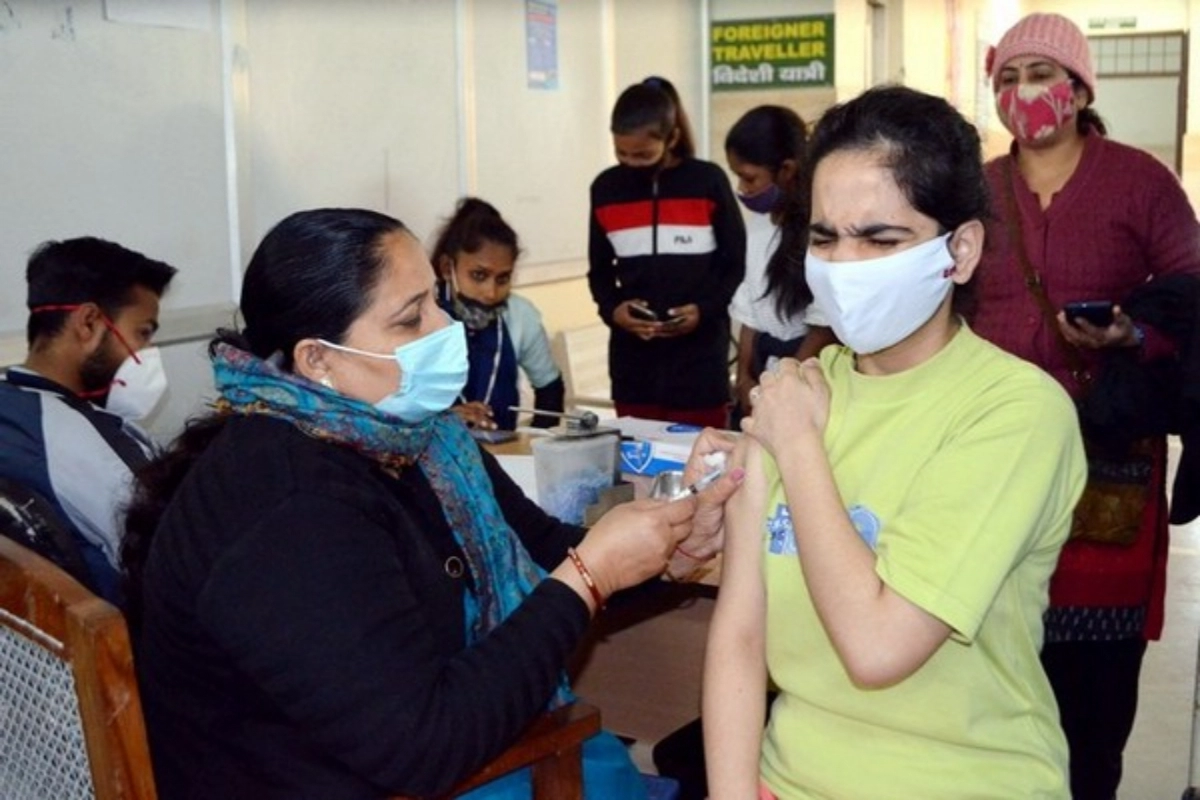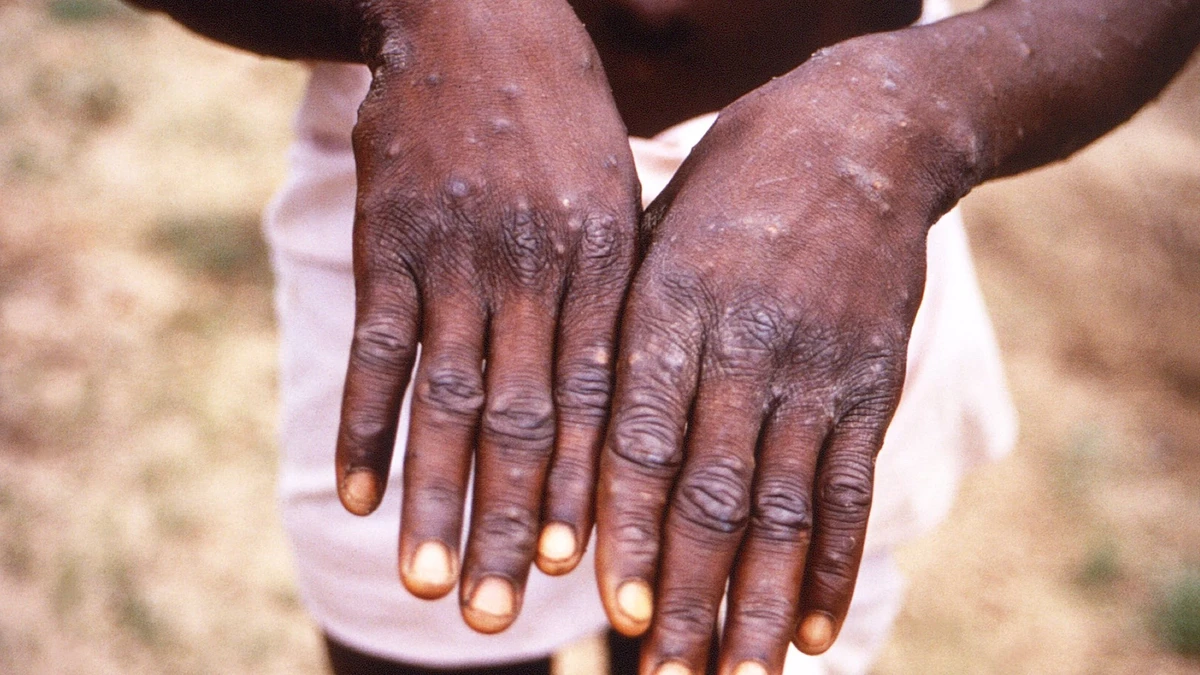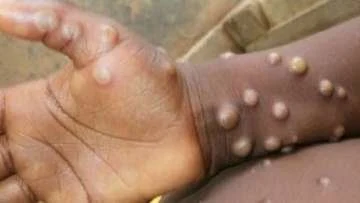Mpox, formerly known as monkeypox, was recently declared a worldwide health emergency by the World Health Organisation (WHO). Due to the disease’s rapid spread over numerous African countries, the UN health agency has been forced to act quickly. Many are wondering if India should be concerned about mpox in light of the rising number of cases and worries about its possible spread outside of Africa. Let’s examine this viral illness’s causes, signs, and preventative measures.
What is Mpox?
The virus that causes mpox is the monkeypox virus, which belongs to the Orthopoxvirus genus. The virus was first named after a “pox-like” sickness that researchers saw spreading among monkeys in 1958. Up until now, human occurrences of mpox have been extremely uncommon; the illness has largely affected individuals from central and west Africa who have had intimate contact with animals that are sick. Nonetheless, health authorities are on high alert due to the recent increase in cases.
Since smallpox and mpox are members of the same viral family, they are related diseases. But compared to smallpox, Mpox typically causes milder symptoms.
Symptoms of Mpox
The most typical sign of Mpox is a distinctive rash that can develop on the hands, feet, face, chest, and genital regions, among other parts of the body. After going through several phases, the rash finally develops into pustules, which are big pimples filled with pus, and scabs before healing.
In addition to the rash, individuals with Mpox may experience:
- Fever
- Headaches
- Muscle aches
- Swollen lymph nodes as the body fights the virus
In some rare cases, the infection can be fatal. It’s important to note that a person infected with Mpox can spread the virus to others from the onset of symptoms until the rash has completely healed and new skin has formed.
How Long Do Mpox Symptoms Last?
The Centres for Disease Control and Prevention (CDC) state that symptoms of mpox usually appear 21 days after viral exposure. Mpox can take three to seventeen days to incubate, during which an infected person may not show any symptoms and may feel perfectly well.
Direct skin-to-skin contact, contact with bodily fluids, respiratory secretions, or contact with infected surfaces and clothing are the main ways that the virus spreads. Mpox-affected pregnant women may also transfer the virus to their foetus during pregnancy or to the infant after delivery.
Should India Be Worried?
Although Mpox has mostly plagued Africa, outbreaks have the potential to spread to other continents due to the interconnectedness of our planet. This is comparable to what occurred in 2018, when instances of Mpox, which originated in Nigeria, were recorded in the UK and other nations.
India must exercise caution because it is a nation that sees a lot of foreign travel and trade. The significance of exercising caution is further highlighted by the recent finding of a case of mpox in Pakistan.
Precautions and Prevention
The good news is that immunisation can prevent mpox. Smallpox vaccinations provide protection against Mpox since the two viruses are closely related. Many nations effectively stopped the Mpox outbreak in 2022 by deploying treatments and vaccinations in addition to public awareness programs to prevent dangerous behaviour.
Unfortunately, Africa has had limited access to vaccines and treatments, which has resulted in a high number of cases and fatalities across the continent. Over 14,000 cases of mpox have been documented in Africa this year alone, with 524 deaths, according to the WHO. The bulk of cases are reported from the Democratic Republic of the Congo.
Keep watching our YouTube Channel ‘DNP INDIA’. Also, please subscribe and follow us on FACEBOOK, INSTAGRAM, and TWITTER.












